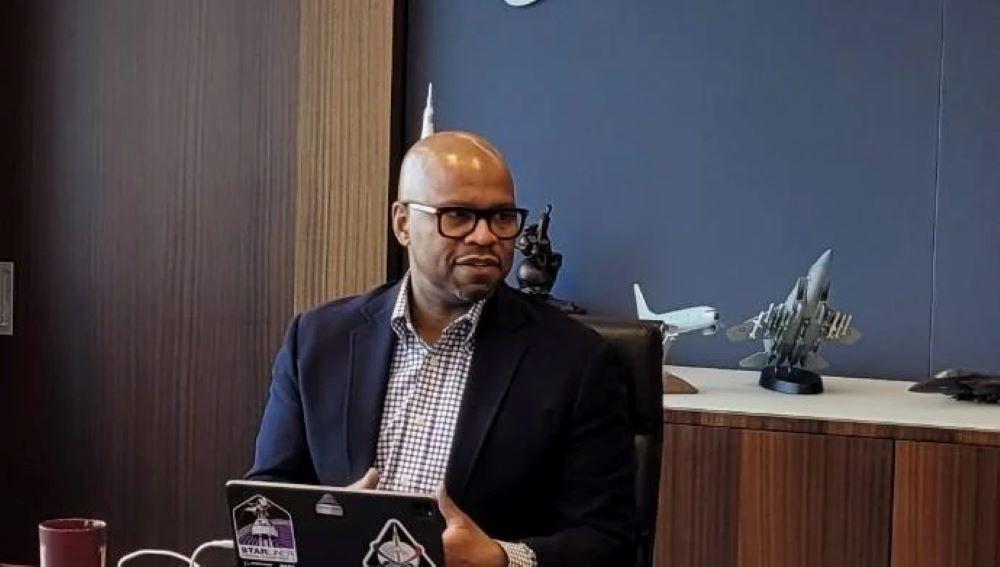
Boeing Defense, Space and Security boss Ted Colbert meets with Aviation Week editors in May 2023.
Credit: Aviation Week staff
Ted Colbert, the president of Boeing’s Defense, Space and Security arm, is leaving the company, effective immediately. Kelly Ortberg, Boeing’s new CEO, announced the move in a statement to employees just before the close of business on Sept. 20. In the announcement, Ortberg said the change comes as...
Subscription Required
Boeing Defense Boss Colbert Steps Down is published in Aerospace Daily & Defense Report, an Aviation Week Intelligence Network (AWIN) Market Briefing and is included with your AWIN membership.
Already a member of AWIN or subscribe to Aerospace Daily & Defense Report through your company? Login with your existing email and password.
Not a member? Learn how you can access the market intelligence and data you need to stay abreast of what's happening in the aerospace and defense community.





